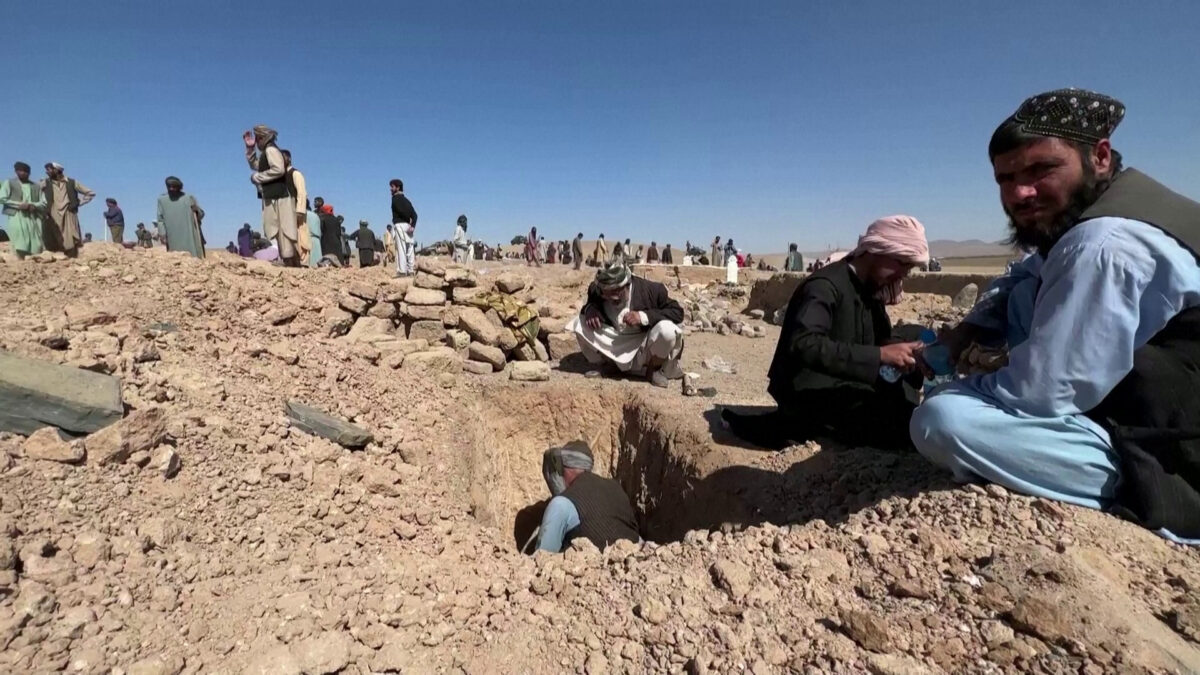The intersection of politics and elementary education is a complex and multifaceted topic that involves various issues, policies, and perspectives.
The key points to consider are:
a. Funding and Resources: Local Funding: Elementary education is often funded at the local level through property taxes. This can lead to disparities in funding between schools in affluent and economically disadvantaged areas. Federal Funding: Governments, both state and federal, play a role in funding elementary education. Policies and budget decisions at these levels can significantly impact the resources available to schools.
b. Curriculum and Standards: Political Influence on Curriculum: Political ideologies can influence decisions about what is taught in schools. There may be debates about the inclusion or exclusion of certain topics in the curriculum. Standardized Testing: Political leaders often shape policies related to standardized testing. The emphasis on testing can impact the teaching methods employed in elementary schools.
c. Teacher Policies: Teacher Qualifications: Political decisions can affect the requirements for teacher certification and qualifications. There may be debates about the role of standardized testing in teacher evaluations. Teacher Salaries: Political decisions on education budgets impact teacher salaries and working conditions.
d. Inclusion and Diversity: Equity and Access: Political discussions often revolve around ensuring equity and access to education for all students, regardless of socioeconomic background, race, or other factors.
e. Special Education: Policies regarding special education services and inclusion of students with diverse learning needs are influenced by political decisions.
f. School Safety and Security: Policy Responses: Political leaders are involved in shaping policies related to school safety, including responses to incidents like school shootings. This can impact the learning environment and practices in elementary schools:
g. Digital Access: Political decisions influence the availability of technology in schools, impacting students’ access to online resources and digital learning tools.
It’s important to recognize that the relationship between politics and elementary education is dynamic and can vary based on geographical location, cultural context, and the prevailing political ideologies of the time.
Benefits of politics in education
The involvement of politics in elementary education can bring about several benefits, as political decisions shape policies and initiatives that impact the overall quality and accessibility of primary schooling. Its potential benefits include:
a. Teacher Support: Professional Development: Political decisions can lead to initiatives that support teacher training, professional development, and improved working conditions, fostering a more qualified and motivated teaching workforce.
b. Innovative Teaching Methods: Supporting Pedagogical Innovation: Politics can encourage the exploration and implementation of innovative teaching methods, technology integration, and modern educational practices in elementary classrooms.
c. Community Engagement: Encouraging Parental Involvement: Political leaders can create policies that encourage parental involvement in elementary education, fostering a stronger partnership between schools and families.
d. Special Education Support: inclusive Policies: Political decisions can promote inclusive education by providing support and resources for students with special needs, ensuring that elementary schools are equipped to cater to diverse learning requirements.
e. Technology Integration: Digital Literacy: Political initiatives can promote the integration of technology in elementary education, ensuring that students develop digital literacy skills that are crucial in the modern world.
f. Social and Emotional Learning (SEL): Emphasizing Well-being: Politics can highlight the importance of social and emotional learning, leading to policies that address the well-being of students and provide support for their emotional and social development.
g. School Safety: Security Measures: Political decisions can lead to policies focused on improving school safety, including measures to prevent bullying, address mental health issues, and enhance overall security on school premises.
h. Global Awareness: Cultural and Global Perspectives: Politics can influence curricular decisions that expose students to diverse cultural and global perspectives, fostering a broader understanding of the world.
i. Research and Development: Investment in Educational Research: Political support for educational research can lead to advancements in teaching methods, curriculum development, and educational technologies.
Stakeholders, including educators, parents, and communities, play a crucial role in advocating for policies that enhance the overall educational experience for young learners.
Prospects of politics in education
The prospects of politics in elementary education are diverse, encompassing opportunities for positive change, innovation, and improvement. There are several prospects and potential positive outcomes associated with the intersection of politics and elementary education:
a. Policy Innovation: Adaptation to Changing Needs: Politics can drive the development of innovative policies that respond to evolving societal needs, technological advancements, and changing educational paradigms.
b. Equity and Inclusivity: Reducing Disparities: Political decisions can focus on reducing educational disparities, ensuring that resources and opportunities are distributed more equitably among elementary schools, regardless of their location or socio-economic context.
c. Teacher Professionalism: Support for Educators: Political support can lead to policies that value and invest in the professional development of teachers, creating a more skilled and motivated teaching workforce.
d. Innovative Teaching Methods: Promoting Creativity: Political decisions can encourage the exploration and implementation of innovative teaching methods, project-based learning, and other creative approaches that engage students in meaningful ways.
e. Parental Involvement: Community Engagement: Politics can promote policies that encourage parental involvement, creating stronger partnerships between schools and families for the benefit of the child’s education.
f. Social and Emotional Learning (SEL): Holistic Development: Political emphasis on social and emotional learning can lead to policies that prioritize the overall well-being and holistic development of students, addressing emotional and social aspects alongside academic achievement.
g. Global Perspectives: Cultural Awareness: Politics can drive initiatives to infuse global perspectives and cultural diversity into the curriculum, preparing students to be informed and culturally competent global citizens.
h. Environmental Education: Sustainability Initiatives: Political leaders can support policies that incorporate environmental education, teaching elementary students about sustainability, environmental conservation, and ecological awareness.
i. Special Education Support: Inclusive Practices: Politics can drive policies that promote inclusive education, ensuring that students with special needs receive the necessary support and accommodations to thrive in mainstream classrooms.
j. Community Collaboration: Local Partnerships: Political decisions can encourage collaboration between schools and local communities, leveraging community resources and expertise to enhance the educational experience.
k. Research and Evaluation: Evidence-Based Practices: Politics can support research initiatives and the use of evidence-based practices in education, ensuring that policies are informed by research findings and best practices.
l. Civic Education: Citizenship Skills: Politics can foster the inclusion of civic education in elementary curricula, helping students develop an understanding of their rights, responsibilities, and the democratic process.
In the context, it’s crucial for political decisions in elementary education to be well-informed, inclusive, and responsive to the diverse needs of students. A collaborative approach involving educators, parents, policymakers, and community members is essential for realizing the positive potential of politics in elementary education.

Dr. Rajkumar Singh is a University Professor for the last 20 years and presently Head of the P.G. Department of Political Science, B.N. Mandal University, West Campus, P.G. Centre,Saharsa (Bihar), India. In addition to 17 books published so far there are over 250 articles to his credit out of which above 100 are from 30 foreign countries. His recent published books include Transformation of modern Pak Society-Foundation, Militarisation, Islamisation and Terrorism (Germany, 2017),and New Surroundings of Pak Nuclear Bomb (Mauritius, 2018). He is an authority on Indian Politics and its relations with foreign countries.




